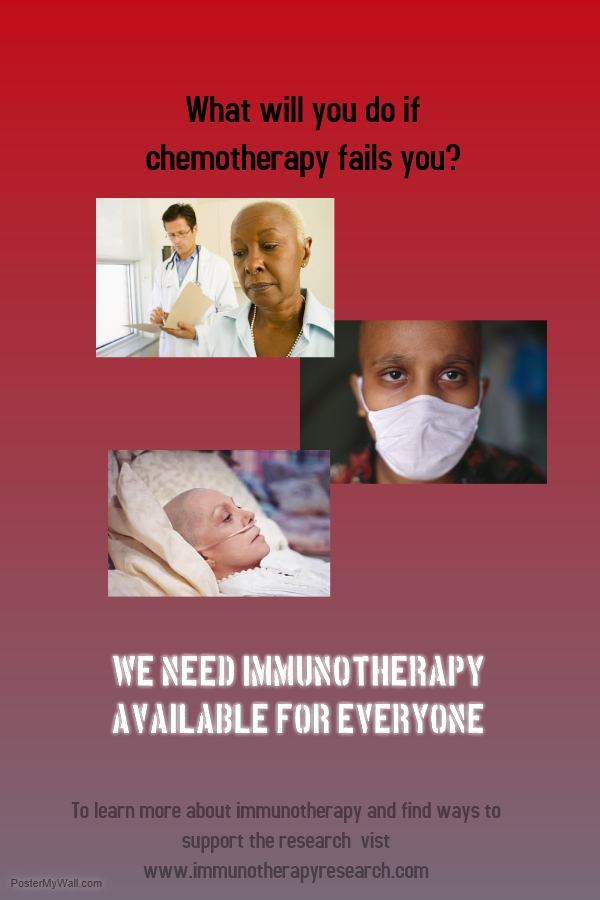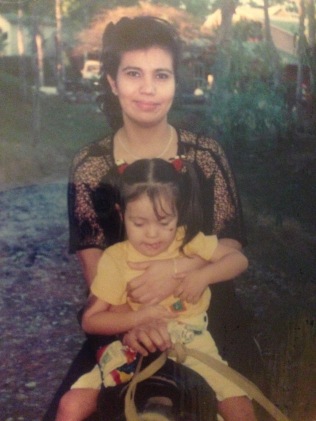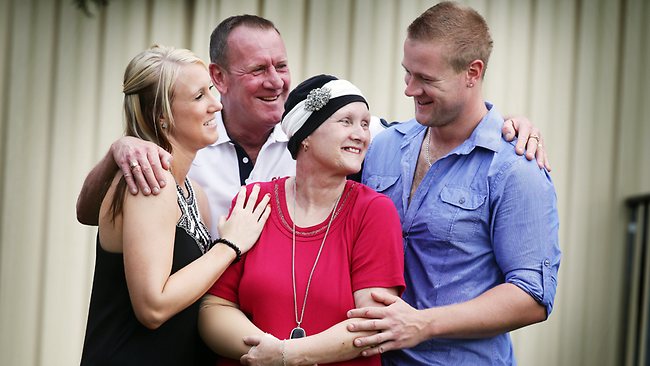As the end of the semester draws near, my blog posts have to come to an end. This will be my last post and in it I will analyze how all the research I did throughout the semester changed my viewpoint on immunotherapy and what I learned from the new knowledge I acquired.
The main things I didn’t know and learned through all the reading and research I did this semester are how immunotherapy is currently being worked on in its development stage and all the possibilities and hope it represents for hundreds of thousands of cancer patients.
Immunotherapy is not currently available for everyone, and that is because it is currently still being altered and tailored so it can successfully fight off a wider range of types of cancer. From reading multiple different articles through the course of this semester, I’ve concluded that so far immunotherapy has been the most successful in treating liver cancer, melanoma, prostate cancer and some forms of lung cancer.
As of this month of December, I found a news article by Denise Grady, whom I also quoted in an early post, explaining a new important advance made in the medical world regarding immunotherapy.
In her piece, Grady covers the story of a patient, Celine Ryan, who was battling a very resilient type of pancreatic cancer, a “mutation [that] has been bulletproof, so resistant to every attempt at treatment that scientists have described it as ‘undruggable’.” However, after being treated with experimental immunotherapy, the patient was the first case of this mutation ever budging and she is now cancer free.
This first successful case is serving as the base and inspiration to more research targeted towards determining whether this is can be “replicated and built upon” and if so, then what needs to be done in order to keep experimenting successfully and eventually make immunotherapy into a household name.
Another important thing I got to read a lot about was how the prospect of a new promising treatment lifts up the patients’ spirits. I consider this relevant because the mind is really powerful and by feeling like there is hope for them can instill a positive mindset that will likely affect the person’s overall health and recovery.
In the same article by Grady for The New York Times, Ms. Ryan stated that as soon as she heard about the clinical trial she submitted her application in hopes of being let in and felt devastated when she was rejected at first. Now, about a year after being accepted into the trial and knowing that six out of her seven tumors are gone, she claims to feel “great” and full of life despite being diagnosed with a very deathly kind of cancer only a couple years back.
Recently, doctors have started to turn their focus more toward making immunotherapy work for cancer in the colon, pancreas, ovaries and breasts, which constitute over 80% of all the cancer-related deaths in the United States each year.
I appreciate having had this space to expand what used to be my almost nonexistent knowledge on immunotherapy, and although by no means am I a pro now, I do believe I learned many valuable things not only about immunotherapy but cancer as well and the journey the world has been on while striving to find the long awaited cure for cancer. Knowing immunotherapy is so promising makes me so deeply happy to know that there is hope for a lot of people out there who are suffering from this horrible disease. When asked for her opinion on immunotherapy and how her journey affected her, Ms. Ryan stated: “I so hope they can get this treatment to everybody who needs it, and that it works,” and all I can say is me too Ms. Ryan, me too.










 The most prominent reason for why they reject this treatment is the high cost for the patients. Reader David Henry’s opinion is that even if this research turned out successful in the long run, treatment would be far too costly for the average cancer victim and he fears that insurance companies will refuse to cover it.
The most prominent reason for why they reject this treatment is the high cost for the patients. Reader David Henry’s opinion is that even if this research turned out successful in the long run, treatment would be far too costly for the average cancer victim and he fears that insurance companies will refuse to cover it.



